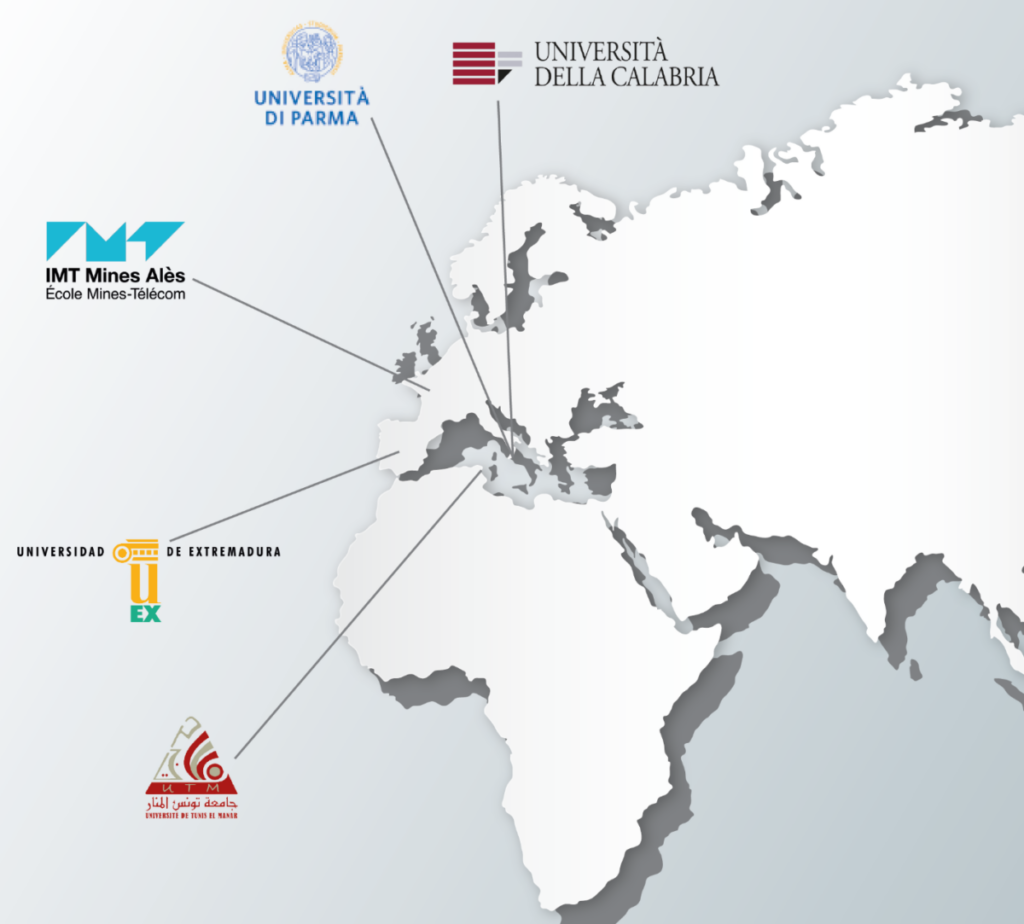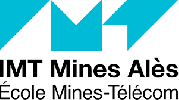
CONSORTIUM
SMALLDERS CONSORTIUM

University of Calabria (UNICAL) – Modeling & Simulation Center-Laboratory of
Enterprise Solutions
The University of Calabria, situated in Southern Italy, is a public academic institution established in 1972. It has 80degree courses and 25 Departments hosting the complex and qualified network of scientific initiatives of the University. The University of Calabria will join the project with the MSC-LES research laboratory. The Modeling and Simulation Center – Laboratory of Enterprise Solutions is directed by Prof.Francesco Longo. The research unit carries out research activities in the field of innovative IT solutions based on multiple enabling methodologies and technologies. Furthermore, MSC-LES is involved in the organization of important international multi-conference in the Simulation area (I3M, EMSS, MAS, HMS, SCSC, DHSS, IMACCA, IWISH, WAMS etc.).Over the years the MSC-LES research team has established several collaborations with public and private research centres, universities and companies participating in different research projects.
University of Parma (UNIPR) – Future Technology Lab
The University is organized into 9 Departments, offers >40 first degree courses, 6 one-cycle degree courses, 46 second degree courses, as well as many Postgraduate schools, The Future Technology Lab (FT LAB) centre of the University of Parma, as the facility directly involved in the project, aims to integrate and coordinate activities in the fields of industrial engineering, information and engineering, information engineering and computer science in their broadest sense, with the aim of to enhance the interdisciplinary nature of these fields. The centre aims at promoting, coordinating and integrating basic research, applied research and technology transfer in the application and development of new technologies (both hardware and software) and business models that enable the Industry 4.0 paradigms.
University of Extremadura (UEX)
More than 24,000 under-graduate and post-graduate-level students study at UEx, along with a further 8,000 students who are completing doctoral studies or other courses. Around 1,500 teachers and more than 800 administrative, technical, and service staff work at this University. The UEx has the talent, resources, and experience needed to successfully develop the tasks and activities included in this proposal.
IMT Mines Ales – Laboratoire des Sciences des Risques (LSR)
Among the oldest France’s elite Schools of Engineering, IMT Mines Alès was founded in 1843. It has become part of the national ‘Institut Mines Télécom’ (IMT), the leading group of engineering and management graduate schools in France. The “Laboratoire des Sciences des Risques” (LSR) is the result of the union of cultures and know-how present within IMT Mines Alès to develop a science of risks. The goal is to improve the safety, security, and well-being of populations and future generations in the face of technological, chronic, or natural risks. With 20 professors, 24 PhD students, and 5 technical staff at the beginning of 2021, the LSR is equipped with an organization and a leadership that are equal to the challenge represented by this mix of communities at the service of society and the environment.
University of Tunis El Manar- Laboratory of Energy Efficiency Applications and
Renewable Energies (LAPER)
The University of Tunis El Manar (UTM) is a public administrative establishment created in 1987 under the name of «University of Sciences, Techniques and Medicine of Tunis». It was given its current name in 2000. Bringing together the oldest and most prestigious higher education and research institutions in Tunisia. The UTM has a quality multidisciplinary training. It comprises 4 faculties, 9 institutes, 2 schools, 2 chairs and 5 doctoral schools. Laboratory of Energy Efficiency Applications and Renewable Energies (LAPER) is a research laboratory located in the Faculty of Sciences of Tunis (FST) belonging to the UTM. Among the axes of the laboratory is the development of innovative simulation models that can be applied for such systems or other types of systems. Another axis that aligns with the SMALLDERS project aims is regarding the sustainability affecting energy and also the environment. The laboratory has completed and running national projects including simulation modeling software/ smart sensors and control of renewable energy systems, energy storage, optimization of both energies and environment yields intelligent networks and embedded systems.










